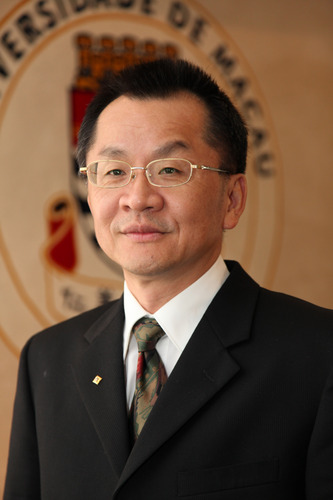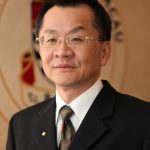 Philip Chen
Philip Chen
Prof Philip Chen, chair professor of the University of Macau (UM) Faculty of Science and Technology (FST), has been elected a member of Academia Europaea. Members of Academia Europaea are the most outstanding or influential individuals in the fields of the humanities and natural sciences in Europe. Most of them are academicians of science from Europe or scientists with a long collaborative relationship with Europe. Many are Nobel laureates, Fields Medal winners, and Turing Award winners.
The Academia Europaea was founded in 1988, on the initiative of the Royal Society of the United Kingdom and other national academies of sciences in Europe. Based in London, United Kingdom, it has 20 sections that cover the humanities, social sciences, natural sciences, and science and technology. It is considered to be one of the most influential scientific organisations in the world, with the most geographical and disciplinary coverage.
The Academia Europaea holds an election to recruit new members every year. The election process includes peer nomination, rigorous academic evaluation, multiple rounds of voting by section committee members, and approval by the Council and the Board of Trustees. Currently, the Academia Europaea has nearly 4,000 members, including 73 Nobel laureates, 15 Fields Medal winners, and 6 Turing Award winners.
Prof Philip Chen is a chair professor and former dean of the FST at UM. He is also the vice president and a member of the Chinese Association of Automation, vice president of the Association for the Promotion of Science and Technology of Macau, fellow of the Institute of Electrical and Electronics Engineers (IEEE), fellow of the American Association for the Advancement of Science, fellow of the International Association for Pattern Recognition, member of the International Academy for Systems and Cybernetics, and fellow of the Hong Kong Institution of Engineers. He is the editor-in-chief of the IEEE Transaction on Systems, Man, and Cybernetics: Systems, and a senior past president of the society. His main research interests include intelligent systems and control, computational intelligence, hybrid intelligence, and information science.


